
Conflict-Related Sexual Violence is not a tragic inevitability of war—it’s a deliberate tactic. And it is one that can be stopped.
Learn more about our work to end this crime and learn how to get involved.
Even when peace is restored and stability takes hold, it can take decades for countries and societies that have been torn apart by war and conflict to build a foundation for sustaining peace. We can and do respond to the crises of our time, but when conflict is no longer in the headlines, we will remain on the ground, working to build stronger women and stronger nations.
When our organization first began in Bosnia and Herzegovina in 1993, Rwanda in 1997, and Kosovo in 1999, we set up country office programs to serve the most marginalized women who were survivors of conflict, genocide, and war. Today, Bosnia and Herzegovina and Kosovo have evolved and transitioned to independent local NGOs that continue to build a stronger civil society that engages local participants to serve more women.
In the coming years, we will also support the transition of the Rwanda country office to a local NGO. We will support the new NGO’s efforts to ensure continued support to the women of Rwanda who still need these services. We will also support the Urugo Women’s Opportunity Center in Rwanda as it becomes a sustainable social enterprise, serving thousands of community members and graduates of our program.
We are dedicated to fortifying these local organizations that will continue to build on the legacy we established 25 years ago to support the most courageous women on earth. As they graduate to a new status, we can open more offices in new countries.
Since 1993, Women for Women International has helped more than 478,000 marginalized women affected by war and conflict. We invest in women in 10 conflict affected countries around the world to help rebuild their lives from the ground up.
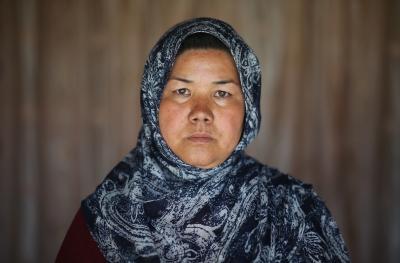
Women in war-torn countries bear the brunt of both poverty and conflict. Women for Women International strives to support them by responding to conflict when we are most needed and can make the most impact.
Women in war-torn countries bear the brunt of both poverty and conflict. Women for Women International strives to support them by responding to conflict when we are most needed and can make the most impact.
By 2030, The World Bank forecasts that 50 percent of those living in poverty will be in fragile and conflict-affected states, up from 17 percent currently. What is required in these contexts is sustainable investment in women to help them rebuild societies from the ground up. This is where Women for Women International excels.
Conflict response, usually launched through partnerships with local organizations, is a fundamental part of our DNA. In the Balkans, Democratic Republic of the Congo, Rwanda, Nigeria, South Sudan, and Afghanistan partnerships led us to establish our programs. In 2017, after two years of partnerships, we opened our country office in the Kurdistan Region of Iraq, to support women impacted by conflict in Iraq and Syria, including Yezidi women persecuted by ISIS. In Bauchi State, Nigeria, we started up new activities to serve women displaced by conflict—many fleeing Boko Haram’s violence.
In 2018, we launched a new Conflict Response Fund—a separate funding pool to more rapidly help women who are caught in the current horrors of our time. The Conflict Response Fund allows us to be agile and flexible and innovative with our delivery. In times of volatility and crisis, entering immediately with all components of our integrated program is not possible. With this Fund, we can quickly initiate activities with a local partner to respond to urgent, unmet needs of women survivors of war. For example, we just launched activities in one of the largest refugee camps in the world in Cox’s Bazaar, Bangladesh, to support young Rohingya women with vocational skills training to help them develop a livelihood and earn an income.
Our work is far from over. Together with your help, we stand poised to engage and start supporting women survivors of war in new conflict-affected countries that urgently need our help.
Since 1993, Women for Women International has helped nearly 500,000 marginalized women affected by war and conflict. We invest in women in 10 conflict affected countries around the world to help rebuild their lives from the ground up.
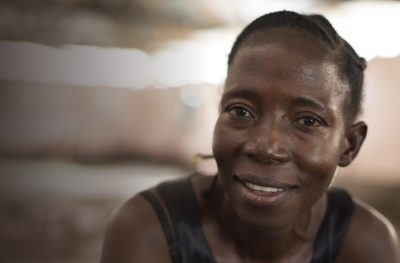
What sets Women for Women International apart is our integrated approach. We work on both women’s economic and social empowerment.
Women in our program receive cash, learn vocational skills, and create business associations and savings groups. But in order for a woman to empower herself, we need to do more. Because we work with the absolutely most marginalized women – women who experience extreme gender discrimination, poverty and have suffered from conflict and violence – an important part of our program is overcoming stigma and discrimination, as well as working on health and well-being. We invest in women’s social empowerment by teaching them about their rights and health. For example, in Nigeria, we teach women about their land rights because so many women are still deprived of inheritance that is rightfully theirs. In the Democratic Republic of Congo, we teach women about protections against gender-based violence. In Bosnia-Herzegovina, we train young women to be advocates for change and equality in their communities. We teach women how to take better care of their bodies, their health and well-being – and that of their families. This means training on nutrition, sanitation and reproductive rights. Our social empowerment program allows us to address the multi-faceted needs of women survivors of war.
Since 1993, Women for Women International has helped more than 478,000 marginalized women affected by war and conflict. We invest in women in 10 conflict affected countries around the world to help rebuild their lives from the ground up.
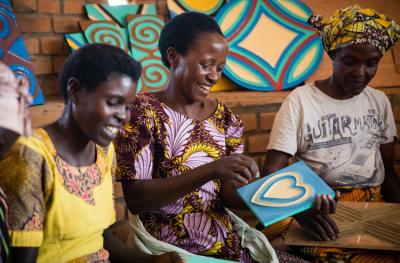
Our year-long program enables women to earn and save money and actively participate in their community’s economy.
When a woman joins the program, she comes together with 24 other women, forming a tight support group that helps break the isolation caused by war, poverty, and insecurity.
She learns a marketable job skill - such as tailoring, brick-making or poultry farming, as well as business training to turn her chosen skill into a stable income so she can support herself and her family. She also receives guidance in establishing cooperatives, associations, or village savings and loan associations (VSLAs) so that she and other women in her community can make the most of their earnings and save and grow together.
Empowering women to earn an income is the right thing to do. If we have any chance at eradicating poverty, it’s by making sure that women are full participants in their country’s economy. This is why Women for Women International works to economically and socially empower women.
Our results speak for themselves: not only does the daily income of our graduates increase from $1.01 at enrollment to $1.88 after graduation (an 86% jump) but by saving their earnings and investing in their businesses, they begin to draw their families and communities out of poverty.
Since 1993, Women for Women International has helped more than 478,000 marginalized women affected by war and conflict. We invest in women in 10 conflict affected countries around the world to help rebuild their lives from the ground up.
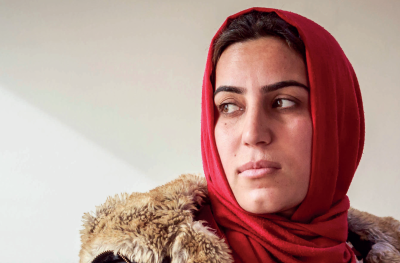
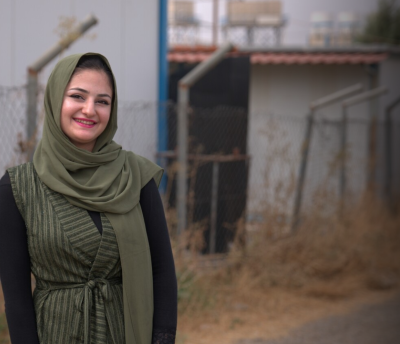
Women forced to flee war and violence are rebuilding their lives against overwhelming odds. Your gift will be doubled in June to provide emergency aid, trauma counseling, safe spaces, and job training.

Conflict-Related Sexual Violence is not a tragic inevitability of war—it’s a deliberate tactic. And it is one that can be stopped.
Learn more about our work to end this crime and learn how to get involved.

We work at the critical intersection of women and conflict providing skills, knowledge, and resources that create sustainable change for women, their families, and their communities.
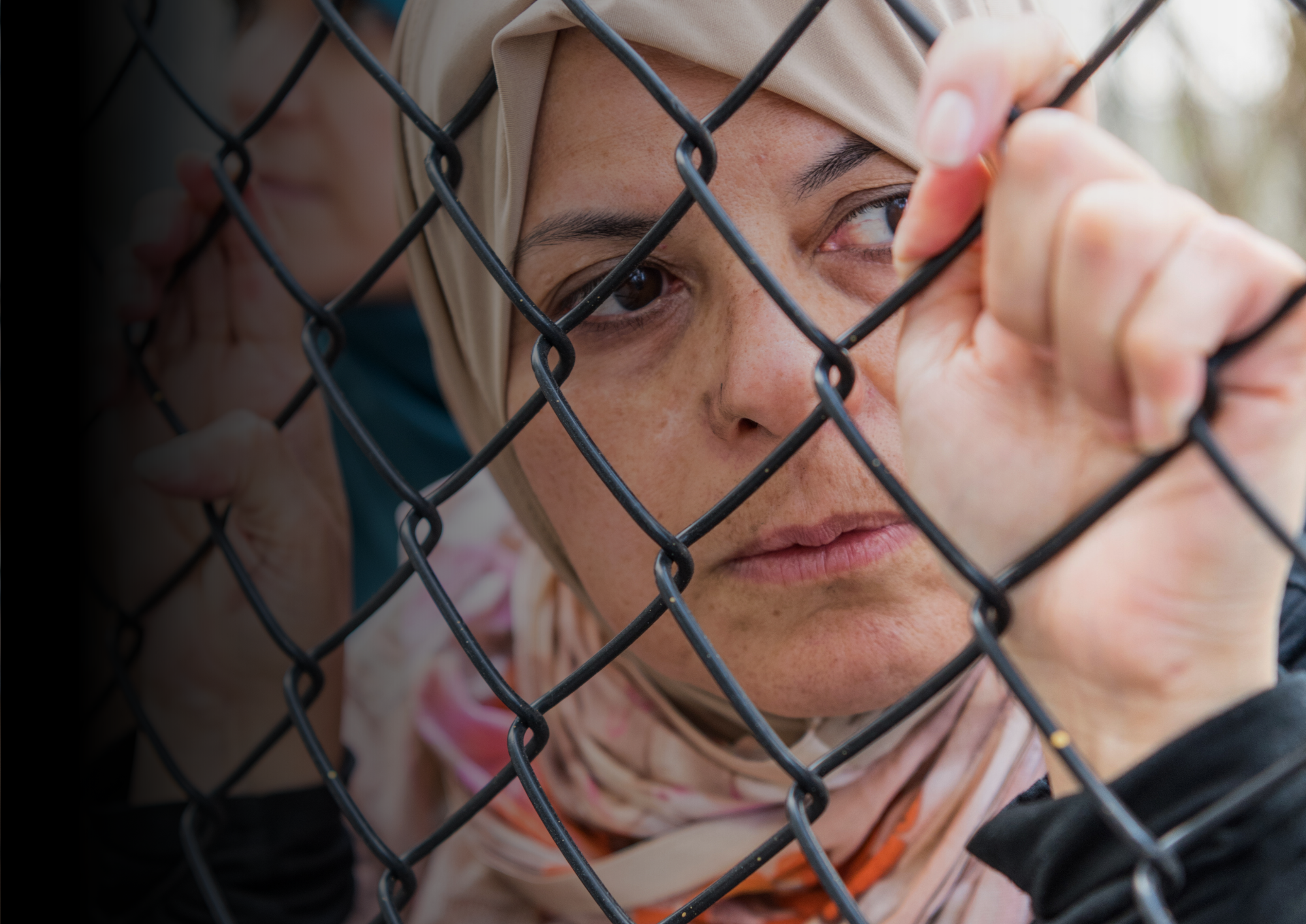
Women and their families are in dire need of life-saving aid. Your urgent donation will provide:
🥣 Meals from community kitchen
🧦 Clothes, blankets, hygiene kits
❤️ Trauma-informed counseling

We proudly provide a broad array of vital support and education for women in 17 countries around the world that have felt the devastating effects of conflict.

Tony Gambino is Board Member At-Large for Women for Women International’s Global Board of Directors. He currently serves as a member of the Global Program Committee, the Global Revenue & Advancement Committee, and the Executive Committee.

Mr. Gambino is the Executive Director of the Panzi Foundation. An internationally recognized expert on the Great Lakes Region of Africa, Mr. Gambino provides leadership and guidance to nonpartisan institutions, foundations, and advocates. He brings 25 years of leadership experience in international development and foreign policy to support initiatives that promote stability, democracy, and human development.
Throughout his career, Mr. Gambino has worked to educate policy-makers and the general public on the opportunities and investment needs of the developing world. Drawing on his experience that began as a Peace Corps Volunteer, Mr. Gambino’s work has been guided by a deep commitment to supporting initiatives that improve the quality of life of the most vulnerable women and men in conflict zones.
Mr. Gambino has held several leadership positions, including Special Advisor in the Office of the Under Secretary of State for Global Affairs at the Department of State and as the Public Policy Director at InterAction. His work and writing has been published by the Council on Foreign Relations and the World Bank, and his analysis on the implications of current events in Africa have appeared in the New York Times, BBC, PBS, Christian Science Monitor, Huffington Post, Politico, CNN, and other media outlets.
In 2009, he testified before the United States Senate Foreign Relations Committee, Subcommittee on African Affairs, on the post-election situation and governance issues in the Democratic Republic of the Congo. For seven years Gambino worked with USAID, reopening the USAID Mission in the Democratic Republic of the Congo and subsequently, serving as the Mission Director in Kinshasa for two-and-a-half years, receiving USAID’s Superior Honor Award. He has advised and lent his expertise in the Democratic Republic of the Congo to numerous organizations, including the United Nations, the World Bank, the Clinton Global Initiative, the Council on Foreign Relations, and the Carter Center.
He received a Master in Public Affairs from Princeton University’s Woodrow Wilson School of Public and International Affairs and a Bachelor of Arts and Bachelor of Music from Oberlin College. He is fluent in French and speaks basic Swahili.